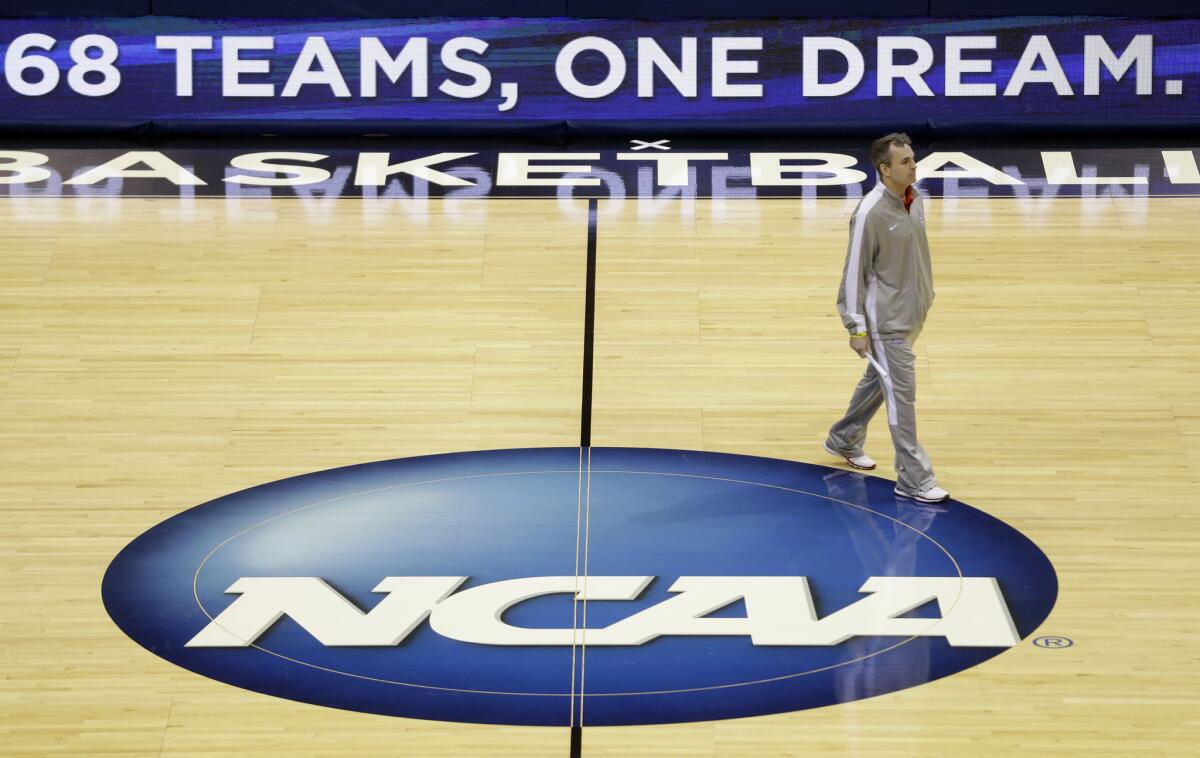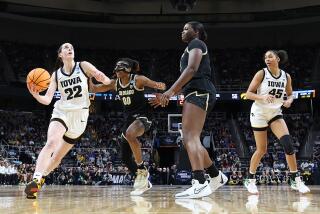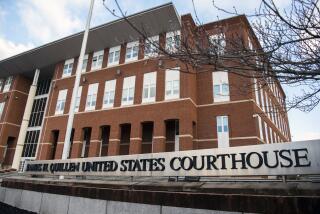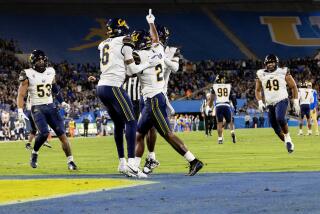March Madness: NCAA should stop exploiting student-athletes, pass a Bill of Rights

The NCAA basketball tournament field is set, and this week an estimated 50 million people will fill out their brackets in a fit of March Madness. Yet almost a year after fans witnessed one of the worst in-game injuries in a generation, college athletes are still fighting for basic healthcare guarantees from the institutions that profit from their sweat and blood.
Broken bones come with the territory at high levels of competition, but you know an injury is uniquely awful when the player receives consolatory phone calls from Kobe Bryant, Kevin Durant and Michelle Obama. That’s what happened last year when Louisville Cardinals guard Kevin Ware suffered a shocking compound fracture during an Elite Eight game versus Duke, a shot-block attempt that laid bare the vulnerability of college players whose athletic futures can be shattered in an instant.
Ware’s injury reignited the debate over what college athletes deserve for their contributions to the multibillion-dollar enterprise of intercollegiate sports. Who would pay for Ware’s medical treatment? (Louisville officials said that Ware would pay no out-of-pocket expenses as a result of his injury, and the NCAA’s supplemental plan for championship events provides 24 months of catastrophic coverage for claims over $90,000, but it’s unclear who will pay in the long run.) What would happen to his scholarship? (Louisville extended Ware’s financial aid, but it was under no requirement to do so by the NCAA.) Will he ever be the same player? (Ware returned this season after months of tough rehab, but ultimately had to redshirt this season after an injury to the same leg.)
With March Madness upon us, it’s worth checking the scoreboard to see what’s changed — and what’s stayed the same — when it comes to the rights of and protections for college athletes.
On the side of reform, college athletes have become increasingly emboldened to challenge the NCAA, once seen as an indomitable force. One lawsuit scheduled for trial in June aims to overturn a NCAA rule that bars college athletes from profiting from the use of their names, images and likenesses. Last month, Northwestern University football players asked the National Labor Relations Board to recognize them as school employees, a major step toward becoming the first unionized college athletes in the country. A fresh antitrust lawsuit, filed Monday by sports law dynamo Jeffrey Kessler, argues that the NCAA and its major conferences are acting as an “unlawful cartel,” fixing athlete compensation at the value of an athletic scholarship and restricting market competition for talent.
“Players should never be stuck with sports-related medical expenses during or after their career,” Ramogi Huma, president of the National College Players Assn., told The Times. “This [healthcare protection] can actually be done, it just needs to be prioritized. There’s not a revenue problem in NCAA sports, there’s a spending problem.”
In the unchanged column, we have the NCAA’s vehement opposition to such reforms. The organization is understandably fond of its current amateur model, which provides its member institutions a steady supply of cheap athletic talent while also shielding them from costly workers’ compensation claims that have protected other workers in this country for almost a century.
“There is no employment relationship between the NCAA, its affiliated institutions or student-athletes,” remarked NCAA chief legal officer Donald Remy in response to the Northwestern lawsuit, invoking the “student-athlete” language that has been the cornerstone of decades of legal defenses against injury claims. Yet the NCAA’s position increasingly seems at odds with the reality of college sports as mainstream entertainment.
The latest round of lawsuits will be met with fierce opposition from the NCAA, as well as some sports fans who bristle at the idea of college players being compensated (at least over the table) for their work. A “pay-for-play” model may be years away, but in the meantime the NCAA would be wise to take some fundamental steps to ensure that injuries suffered during competition do not saddle players with unfair financial burdens or jeopardize the completion of their degrees. Those protections should extend beyond revenue-generating sports like men’s basketball and football to cover athletes in all sports, not just those that garner multibillion-dollar TV deals.
One good blueprint for the NCAA would be the Student-Athlete Bill of Rights that went into effect in California in 2013. The landmark legislation requires that universities generating more than $10 million annually in media revenue provide equivalent academic scholarships to student-athletes who lose their scholarships due to injury. It also mandates that the institutions cover deductibles for athletes injured during intercollegiate competition, and that they cover insurance premiums for low-income athletes. Similar legislation has been introduced in Indiana and Oklahoma with little progress, but perhaps that’s because legislation isn’t the most appropriate, or expedient, avenue for such change.
The NCAA is under attack from all sides. At this point, even if it would rather let individual schools set a higher bar for athlete protections, the association could use a PR win. Drafting a College Athlete Bill of Rights may be at crosswinds with its financial interest, but what better time to do something crazy than during March Madness?
ALSO:
If Crimea can vote to secede, why can’t, say, Texas?
Is downtown L.A.’s Figueroa Corridor the next Silicon Valley?
Feminists hate ‘Princeton mom’s’ advice, but she has science on her side
Chris Feliciano Arnold is a recipient of a 2014 Literature Fellowship from the National Endowment of the Arts. He has written essays and journalism for the Atlantic, Salon, the Millions, the Rumpus and Los Angeles Review of Books.
More to Read
A cure for the common opinion
Get thought-provoking perspectives with our weekly newsletter.
You may occasionally receive promotional content from the Los Angeles Times.





